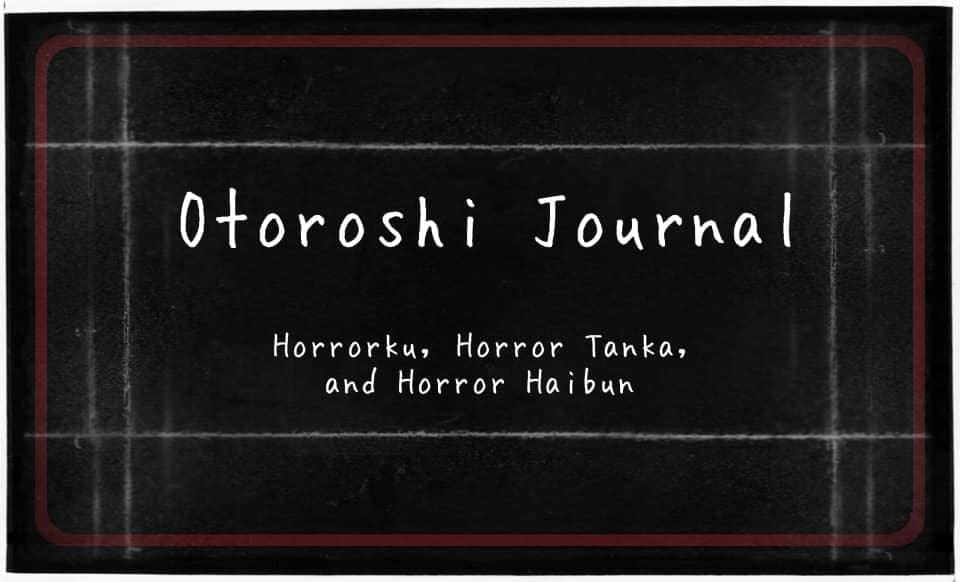
Deadline: August 31st, 2022
Payment: Trembling With Fear was designed as a way to give back to Horror Tree. Since it’s inception we now offer an optional $5 payment on short stories to be paid by the time our yearly anthology which contains the story will be released. At this time, drabble are still considered donations to the site. Moving forward, as our Patreon levels grow, this will change for the better in both areas.
Theme: Summer-themed horror
Who wants summer to last longer? We do at the Horror Tree! This year, we’ve extended our Summer Specials submission period by an extra month so that we can collect even more hellishly hot and campfire creepy stories. Send us your tales of horror about backpacking, road trips, glamping, beach adventures, summer camp… anything summer-related goes! You may even want to write a drabble as a summer vacation postcard as a “wish you were here” [insert evil grin].
The submission window is open until August 31st to submit drabbles of 100 words and short stories up to 2500 words.
Themed Calls
Please note in your submission if it is for a specific theme and not a standard Trembling With Fear call. As a side note, going forward these will likely be collected in a secondary collection each year.
Summer Holiday Special (to be published in August). Submit from February to end of July. Horror on the beach, at a B&B, on a cruise, backpacking, road trips, glamping, end of the pier. Why not even write a drabble as a holiday postcard: Wish you weren’t here?
For special editions, we also do take longer work and Unholy Trinities.
(more…)
















